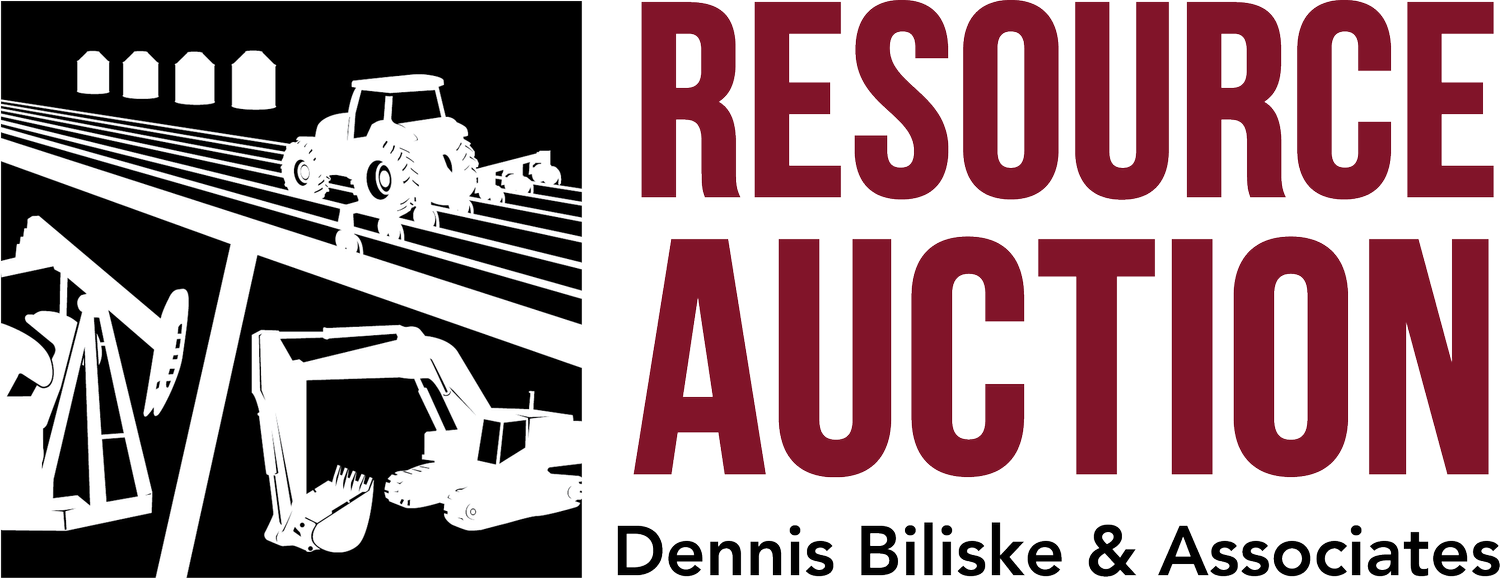How To Choose a Farm Equipment Auction Company
Finding the right auction company is crucial when the time comes to sell your farm equipment, whether you’re retiring, managing an estate, or transitioning out of farming. A good auction partner will do everything they can to ensure you get the best possible results. But what does that entail?
Depending on what you’re trying to sell, finding one that fits your needs will take some careful research and planning. This guide provides practical tips that show you how to choose a farm equipment auction company that’s right for you.
Check the Company’s Experience
Experience is a key factor when choosing an auction company. Look for one with a successful track record of handling farm equipment sales. A company experienced in agricultural auctions will understand the nuances of the market, know how to price equipment effectively, and have strategies to draw in the right buyers.
Ask questions about their past auctions. Have they sold similar machinery before? Are they familiar with local or niche markets? For example, an auction house that routinely handles sales of heavy-duty tractors or specialized harvesting equipment will likely help you manage your sale efficiently.
Ask About Marketing Reach
The right buyers make all the difference in an auction, so a company’s ability to market the sale is critical. The best auction companies use a blend of traditional and digital marketing approaches to reach the broadest, yet most relevant audience possible. This approach might include the following:
Flyers distributed in agricultural communities
Advertising equipment on farm-related online sites
Targeted email campaigns and social media mentions
If you’re selling niche or high-value items, broader marketing efforts, such as national listings or specialized digital ads, can connect you with the right buyers and maximize bids. Always ask the company about their marketing strategy and how they plan to tailor it to your equipment.
Understand Their Auction Format
Auction format plays a significant role in how this company will sell your equipment. Decide if you prefer an on-site auction, which is ideal for local buyers who can easily transport large items, or an online auction, which casts a wider net to attract bidders from farther away. Online farm machinery auctions have started to become much more popular in recent years, so don’t overlook them.
Some auction companies might even offer hybrid options that allow people to bid in person and online. This dual approach can generate more interest and drive up prices, but it does lead to a more complicated selling process. Discuss these formats with the company to ensure they have options that match your needs and preferences.
Review Their Fee Structure
Transparency about costs is a must when choosing an auction company for your farm equipment. Companies may charge fees in various ways, including commission (a percentage of the sale), flat rates, or buyer’s premiums. For example, some companies take a commission between 5% and 10%, while others add a buyer’s premium as an additional charge to bidders.
Request a clear breakdown of fees so you understand what services they include, so that you don’t encounter hidden charges. Be sure to verify that the costs align with the value and services you’ll receive.
Look for References and Reviews
References and reviews provide first-hand insights into how a company operates. Ask for referrals to past clients and check online reviews on farming websites or forums. This feedback can help you gauge how well the company communicates, markets equipment, and manages auctions.
While talking to references, ask specific questions such as “Did their marketing bring in competitive bidders?” or “How easy was the payment settlement process?” The answers can clarify whether you’ll have a smooth experience working with that company.
Evaluate Their Buyer Network
A robust network of buyers can set a great auction company apart from a mediocre one. Companies with strong connections to active bidders, including other farmers, equipment dealers, and collectors, ensure the right people see your items as soon as they become available.
For example, picking a company with a large buyer base in the Midwest increases the chances of strong bids in that region if you’re liquidating row-crop farming equipment. If your inventory includes unique or specialized items, such as irrigation systems or smaller farm implements, ensure they have access to an online network of people seeking those specific assets.
Ask About Appraisal Services
Understanding the value of your equipment is a significant step in the auction process. A reliable auction company will offer appraisal services to help you set realistic expectations for the sale.
Base each appraisal on current market trends and recent sales of similar equipment. For example, a company may use industry databases or auction results to calculate competitive starting price points. Accurate appraisals bring confidence to buyers and ensure a more successful auction.
Consider Logistics Support
Transporting and setting up heavy or large equipment for an auction can be a challenge, especially if you’re dealing with multiple items or limited resources. Some auction companies handle these logistics for you, offering services such as:
Equipment transportation
Cleaning or basic repairs to increase appeal
Storage and staging before the event
Having access to these additional services can save you time and energy and simplify the process, especially if your timeline or resources are limited. Of course, you won’t have to worry about this as much if they sell exclusively online—just the shipping of your equipment, which they should help you with.
Understand the Timeline
Your timeline might influence the auction company you choose. It’s important to know how long the process will take from scheduling the auction to completing the sale, whether you’re preparing to retire or managing a sale due to unforeseen circumstances.
Some companies schedule auctions months in advance, while others can expedite the process when necessary. Discuss your timeline upfront and ask about their availability, as well as how long the auctions themselves typically last.
Ask About Post-Auction Support
A smooth post-auction process is just as crucial as the event itself. Many auction companies offer post-sale assistance to help you finalize the transaction. These services can include collecting payments, transferring titles for vehicles, or managing unsold inventory. Having a company handle these details can make the entire experience more manageable and reduce the number of tasks on your plate.
Trust Your Gut
Finally, even after you have all this information, it’s best to trust your instincts when choosing an auction company. Transparent communication, responsiveness, and professionalism from the start are good indicators that they’ll handle your equipment sale with care.
Pay attention to how they respond to your questions. Do they explain their process clearly? Do you feel confident and comfortable working with them? The right partner will make you feel supported every step of the way, so don’t settle for less.



